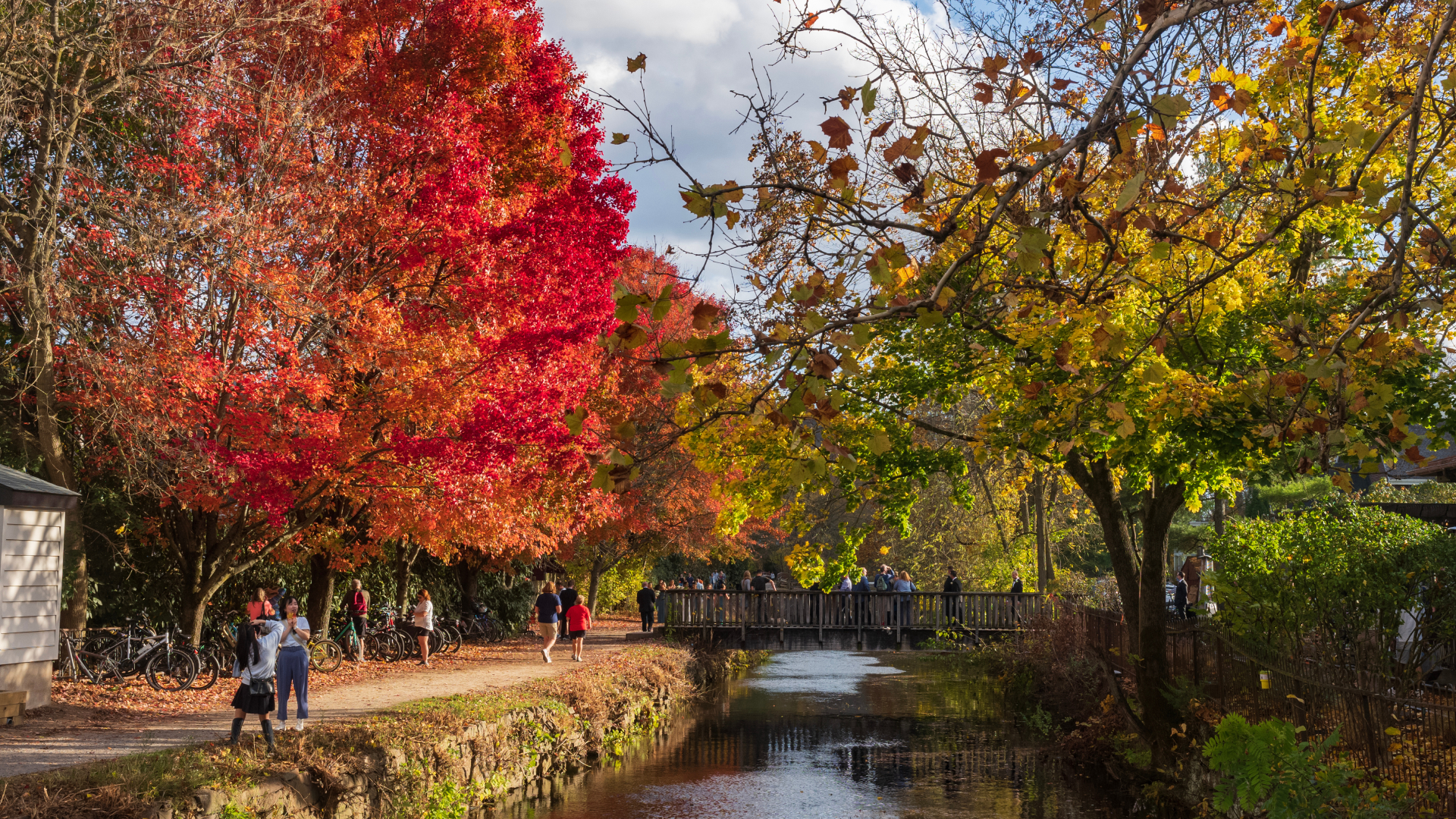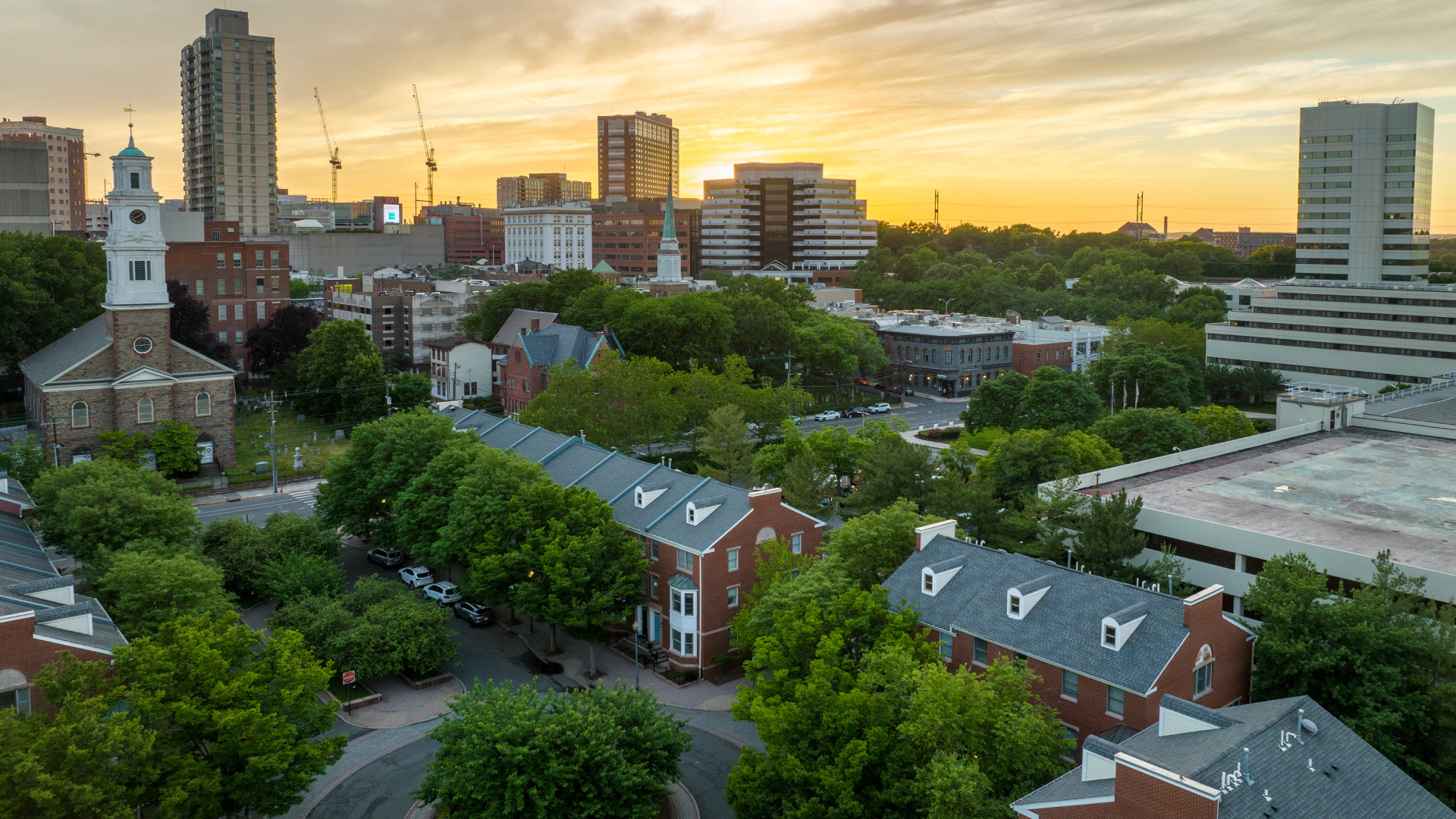ABOUT • PRACTICE AREAS • LEADERSHIP • HISTORY
The Center for Urban Policy Research serves the nation with basic and applied research on a broad spectrum of public policy issues.

Contact
848-932-2808
732-932-6564
33 Livingston Ave., New Brunswick, NJ 08901
About Us
The Center for Urban Policy Research (CUPR) works to make human settlements more equitable, sustainable, resilient, and healthy through research, public engagement, education and other forms of capacity-building.
CUPR is now an umbrella center that combines the former Bloustein stand-alone Center for Urban Policy Research with the former Rutgers Center for Green Building (RCGB), Environmental Analysis and Communication Group (EAC), Center for Energy Environmental and Economic Policy (CEEEP), and Bloustein Center for Local Government Research. This merger creates strong capabilities for addressing today’s challenges in a collaborative and multidisciplinary fashion. These challenges include climate change adaptation and mitigation, coastal hazards, environmental justice, a healthier built environment, sustainable energy transition, and technological transformations affecting daily life and local governance. The Center for Urban Policy Research is recognized for its research on the most critical issues facing communities today, including:
- Climate mitigation and adaptation planning
- Land use planning, policy, and practice
- Affordable housing and community-based economic development
- Development, health, and environmental impact analysis
- Energy and environmental policy
- Public finance and government administration
- Historic and cultural preservation
- Infrastructure investment
Practice & Research Areas
Leadership

Clint Andrews
Director

David Listokin
Associate Director

Jennifer Senick
Sr. Executive Director
Please visit the Practice Area pages to see CUPR’s faculty and staff.
Our History
The Center for Urban Policy Research (CUPR) traces its roots back to 1959, when the Ford Foundation provided a significant grant to Rutgers University to establish an urban research and service function. In 1969, Rutgers designated CUPR to perform these functions, and in 1992 this center joined the new Edward J. Bloustein School of Planning and Public Policy. CUPR established an international reputation during its first half-century for research on affordable housing, land use, smart growth planning and the costs of sprawl, land development practice, historic preservation, infrastructure assessment, environmental and energy policy, public finance, fiscal and economic impact analysis, and community economic development. A proud legacy achievement was CUPR Press which published over 150 books and was praised as a “press of record” in urban planning, community and economic development and related fields.
CUPR has evolved to address salient issues as they have emerged over the decades. In 2021, CUPR joined forces with other units within the Bloustein School including the Rutgers Center for Green Building, Environmental Analysis and Communication Group, Center for Energy Environmental and Economic Policy, and Bloustein Center for Local Government Research. This merger has brought strong capabilities for addressing today’s challenges including climate change adaptation and mitigation, coastal hazards, environmental justice, a healthier built environment, the sustainable energy transition, and technological transformations affecting daily life and local governance.
CUPR’s core group of faculty, staff, and students comes from urban planning, public policy, public administration, and public informatics; and its wider network both within Bloustein and elsewhere at Rutgers and other academic and research institutions includes frequent collaborators in environmental science, environmental psychology, public health, architecture, landscape architecture, engineering, and computer science.




